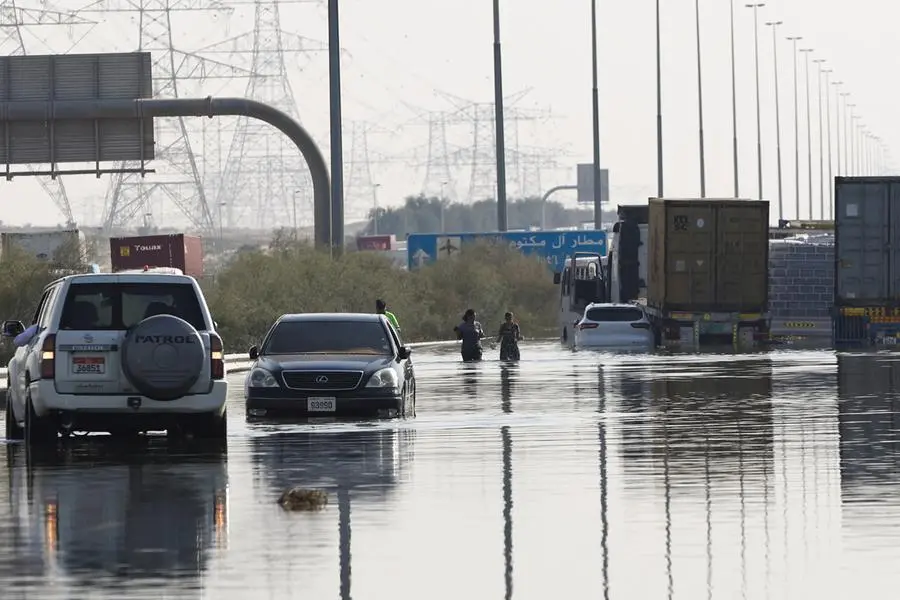PHOTO
Listed insurance companies in the UAE are expected to see losses this quarter following unprecedented rainfall, which led to floods in the emirates last month and left them heavily impacted.
According to Century Financial, the stock price of most insurers has dropped since the floods, which was caused by the heaviest rainfall in 75 years on 16th April.
While insurers with weaker capital positions may face strain, leading to delays in claims, accumulating claims from the same event could trigger reinsurance policies, limiting insurers' liabilities, Century said.
In response to these challenges, insurers may increase rates, particularly for comprehensive motor policies, to address the heightened frequency and severity of weather events in the region.
Additionally, infrastructure projects anticipated following the floods are expected to drive insurance demand, supporting increased insurance penetration in the UAE.
Among the major insurance companies, Dubai Financial Market (DFM)-listed Dubai National Insurance and Abu Dhabi Securities Exchange (ADX)-listed Abu Dhabi National Takaful have seen significant declines in their stock prices, falling 27% and 20%, Vijay Valecha, Century’s chief investment officer said.
The two companies derive the majority of their business from underwriting, or reinsuring, with reinsurers.
However, Abu Dhabi-listed Union Insurance saw its share price surge by 32% during the period, which Century attributed to factors including company deriving 55% of its revenue from non-life insurance products and the remaining from life insurance.
Valecha said the flooding will test solvency capital buffers and reinsurance programmes.
“While most insurers in the UAE have robust capital and liquidity buffers, the solvency of about 20% of listed insurers is only slightly higher, or even lower, than the required regulatory minimum,” he said.
As a result, the capital and liquidity buffers of some insurers with weak capital positions could become strained, potentially leading to delays in claim payments, Valecha said, adding that insurers with weaker capital positions may seek mergers to bolster their resilience.
Century said while commercial risks are typically reinsured internationally, motor claims largely fall within the realm of local insurers, meaning profitability of local insurers is likely to take a hit this quarter.
Despite the anticipated rise in motor claims, the insurance industry can manage the insured losses due to their distribution among numerous insurers, the prevalence of third-party insurance for damaged cars, and the likelihood of reinsurance policies absorbing accumulated claims, Valecha added.
(Reporting by Imogen Lillywhite; editing by Daniel Luiz)




















